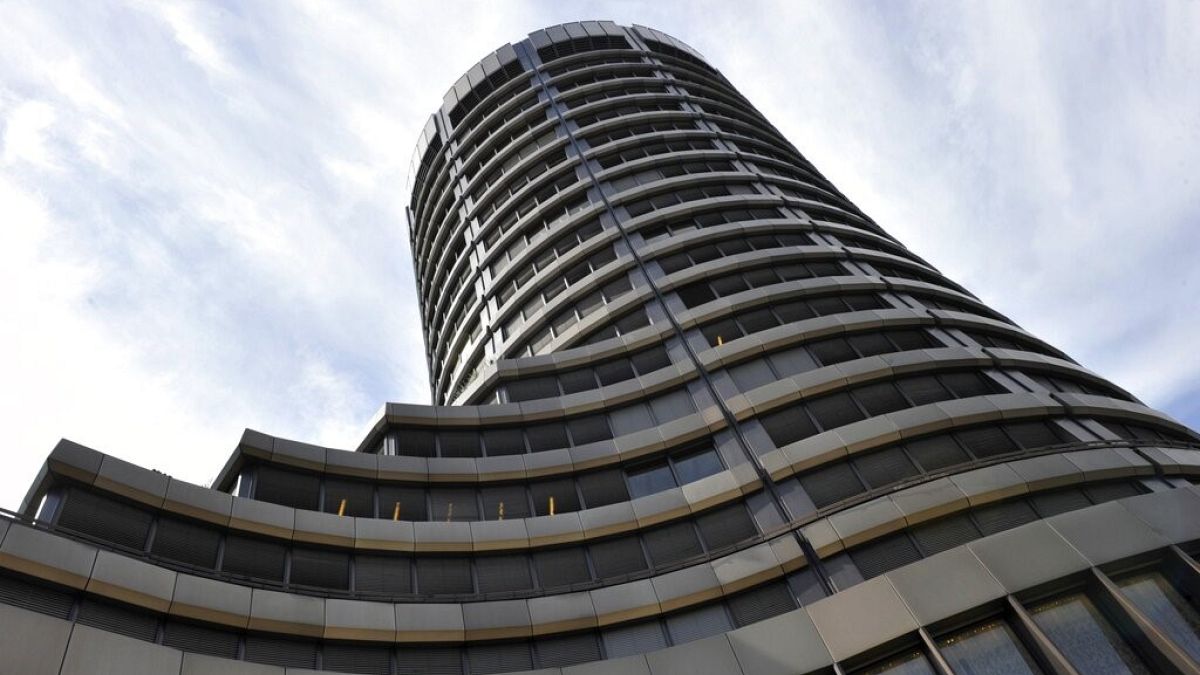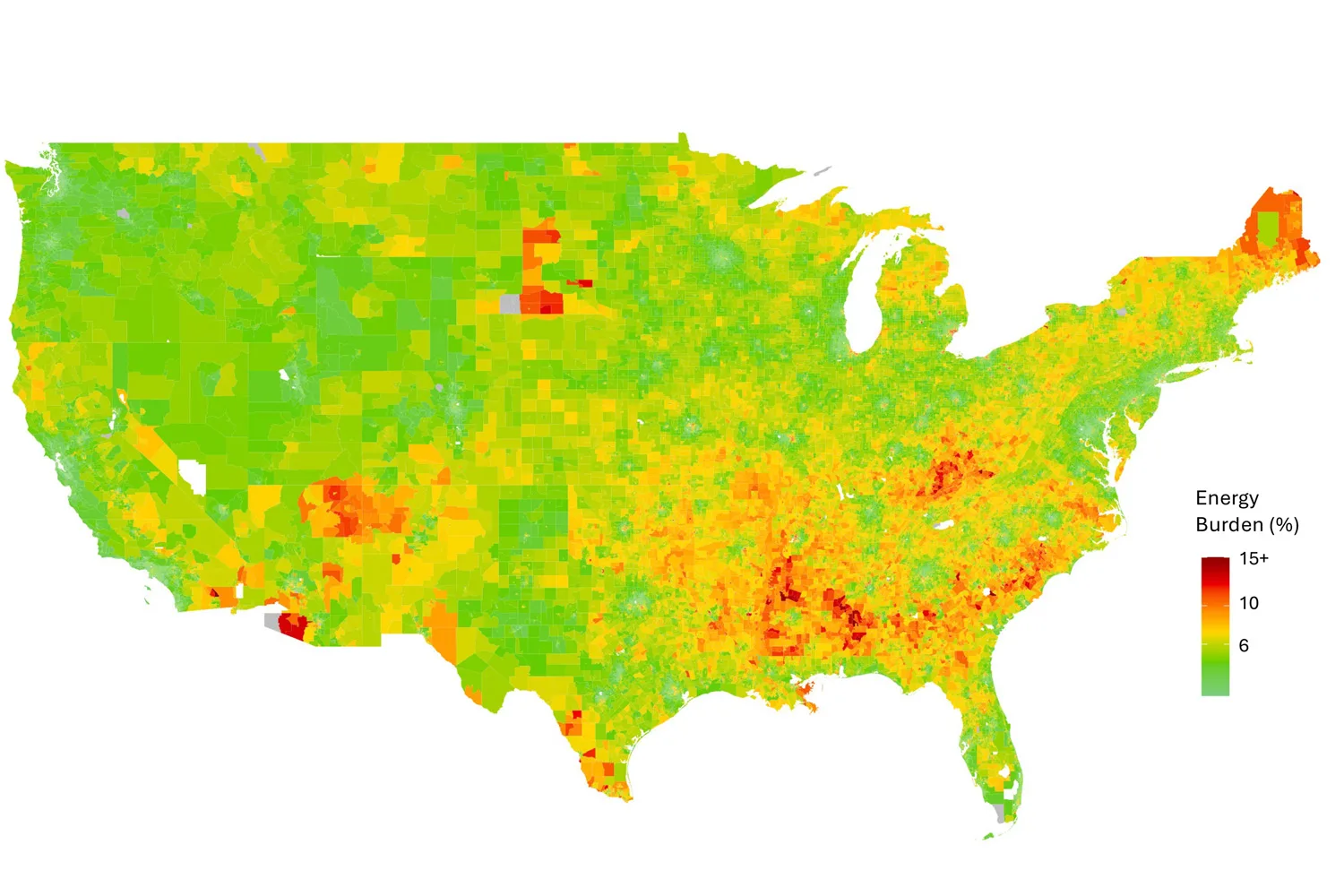The DAX index recently reached unprecedented heights, showcasing remarkable resilience in the face of Germany’s challenging economic landscape. Despite the looming threat of a recession, growth driven by SAP’s advancements in artificial intelligence (AI) has propelled the index upward, a stark contrast to the troubles faced by major automotive stocks.
As Germany’s premier stock market index, the DAX has defied predictions of economic downturn, even as experts warn of a possible technical recession looming in the coming months. The DAX’s upward momentum sharply contrasts the performance of major automotive brands such as BMW AG, Mercedes-Benz AG, Porsche AG, and Volkswagen AG, all of which have experienced a downward slide in their stock prices this year.
Market sentiment across Europe has been buoyed by expectations that the European Central Bank may soon initiate a cycle of interest rate cuts due to easing inflation. This has been beneficial for broader European markets; however, the DAX has maintained an impressive lead over European counterparts like France’s CAC 40 and the UK’s FTSE 100, which have lagged behind the DAX’s progress thus far.
Moreover, a decline in fossil fuel prices, particularly natural gas and oil, has eased some burden on Germany’s energy-intensive economy, providing much-needed relief to local businesses.
Challenges in Germany’s Economic Landscape
Despite the DAX’s impressive performance, Germany faces significant economic challenges. The nation’s GDP shrank by 0.1% in the second quarter of 2024, falling behind the eurozone’s growth of 0.3% during the same timeframe. The manufacturing sector, historically a stronghold of the German economy, is entrenched in a structural recession. In August, the S&P Global Purchasing Managers’ Index (PMI) for Germany further dipped into contraction territory, reflecting a downward trajectory that began mid-2022.
According to Cyrus de la Rubia, chief economist at Hamburg Commercial Bank, “The recession in Germany’s manufacturing sector is dragging on longer than anticipated.” Traditionally, recovery in this sector would follow a downturn within 20 months, but intensified competition from China is aggravating the hardships faced by German manufacturers, particularly in the automotive and mechanical engineering industries.
Furthermore, the ifo Business Climate Index, derived from insights gathered from approximately 9,000 German businesses across varied sectors, fell to 86.6 points in August, marking a five-month low from 87 in July. Clemens Fuest, President of the ifo Institute, stated, “The German economy is increasingly descending into a crisis.” He added, “The renewed disappointment among companies is harder to explain, and consumer uncertainty appears to be prolonged, compounded by numerous structural issues in the German economy.”
SAP’s Role in Boosting the DAX
A pivotal factor contributing to the DAX’s exceptional performance is the phenomenal growth exhibited by SAP, Germany’s foremost technology and software company. SAP has led the charge in AI-driven growth, with its stock witnessing a staggering 42% increase year-to-date as of September 3, following a remarkable 45% rise in 2023.
Notably, SAP’s performance accounts for over one-third of the DAX’s overall gains this year. The company reported a robust 25% year-on-year growth in cloud revenue, amounting to €4.15 billion in the second quarter of 2024. Overall revenue surpassed analyst expectations by 0.5%, reflecting a 9.7% year-on-year increase, while earnings before interest and taxes (EBIT) exceeded forecasts by 7.4%, showing a year-on-year increase of 35%.
Christian Klein, CEO of SAP, remarked, “Our cloud growth momentum remained strong in Q2, with Business AI enabling many deals. We are continuing to invest in our transformation to be the leader in Business AI. Given our progress and robust pipeline, we are confident in our ability to accelerate top-line growth through 2027.”
Goldman Sachs analyst Mohammed Moawalla highlighted SAP’s advantageous position to harness the emerging Generative AI cycle, driven by strong S/4 HANA product momentum. He emphasized the company’s commitment to embedding Business AI across its portfolio, where AI is already central to 20% of all deals.
Additionally, SAP’s strategic employment of Generative AI is anticipated to yield significant cost synergies within its workforce, potentially achieving efficiencies in the triple-digit-million range by fiscal 2025. This positions SAP optimally to capitalize on the projected 25% compound annual growth in cloud revenue over the period from 2024 to 2028.
Photo credit & article inspired by: Euronews



